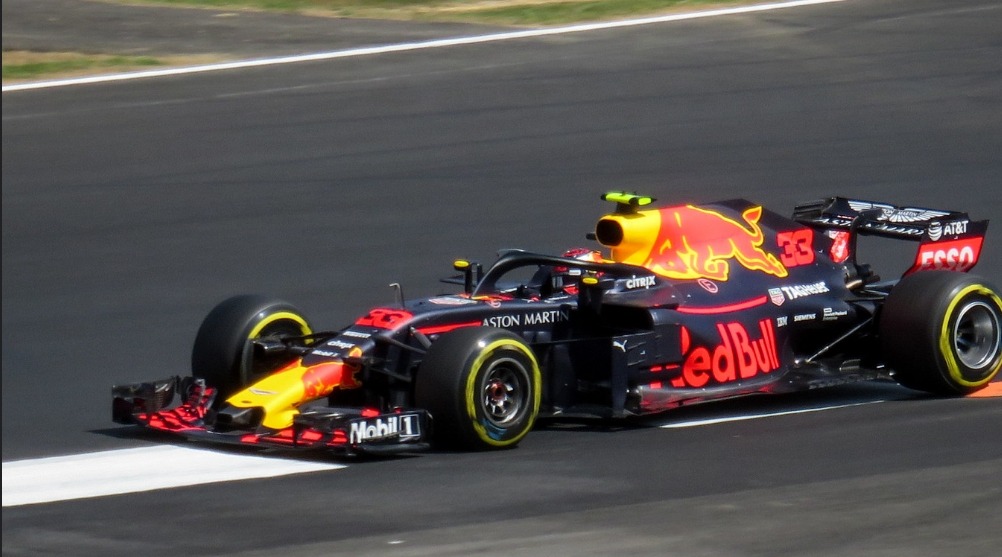Verstappen vs. the FIA: Censorship in Formula 1 Sparks Controversy
Ahead of the Singapore Grand Prix, Max Verstappen was ordered by the governing FIA to “accomplish work of public interest” following the use of foul language during the official Thursday Driver Press Conference.
When reflecting on his despondent Baku weekend, the world champion let slip some choice words about the performance of his RB20. In breach of FIA regulations, Verstappen was called to the stewards the following day to receive his fine. Yet, this all came mere hours after FIA president Mohammed Ben Sulayem stated that too much swearing from the drivers is being broadcast on team radio. Ultimately, Verstappen disagrees with his penalty, arguing that they simply wanted to “set an even bigger example” with him.
Understandably, the FIA sees the current grid as role models for younger audiences
Following this dispute, the world champion remained abrupt with his answers at a post-qualifying press conference before leaving to hold his own interviews outside of the FIA’s clutches. Several drivers and team principles, including Lando Norris and Toto Wolff, have spoken up to support Verstappen. In fact, it was Lewis Hamilton, who encouraged the Dutchman to ignore the penalisation, supplying that the punishment was “a bit of a joke”. However, in a statement issued through Autosport, Ben Sulayem claimed: “We have to differentiate between our sport – motorsport – and rap music”. Hamilton later pointed out the racial connotations behind the FIA president’s words: “Saying ‘rappers’ is very stereotypical. If you think about it, most rappers are black. So, when it says: ‘We are not like them’, those are the wrong choice of words. There is a racial element there.”
This conflict between Verstappen and the FIA should not be taken lightly. In an interview with German publication Motorsport-Total, Helmut Marko commented on his protégé: “Max has achieved a lot. But it is important for him that he has fun and enjoys the sport.” He continued to voice his concerns regarding an early retirement from the three-time world champion.
According to Verstappen, this “ridiculous” crackdown on vulgar language in Formula 1 is sanitising the sport
Understandably, the FIA sees the current grid as role models for younger audiences. Formula 1 is also an international sport broadcast to millions of people, so it needs to maintain a level of professionalism. While expletives are being bleeped out for the public, Ben Sulayem firmly believes that action should be taken toward any misconduct, and the FIA should uphold itself to their International Sporting Code.
However, according to Verstappen, this “ridiculous” crackdown on vulgar language in Formula 1 is sanitising the sport. Thus, a social media uproar has come to the Dutchman’s defence with fear that F1 will slowly lose its edge if swearing is banned. Mature viewers have often found humour in the emotional and natural reactions of the drivers. Certainly, Yuki Tsunoda’s popularity stems partly from his passionate outburst over team radio. More often than not, a driver won’t be in control of their words in high-adrenaline situations, and both Verstappen and Norris have noted that it is not up to them to decide whether swear words get broadcast; instead, the Formula 1, FIA and FOM are responsible. But, while both sides raise valuable points, there remains a broader debate about how much control the FIA should have over drivers’ personal freedoms.

Comments